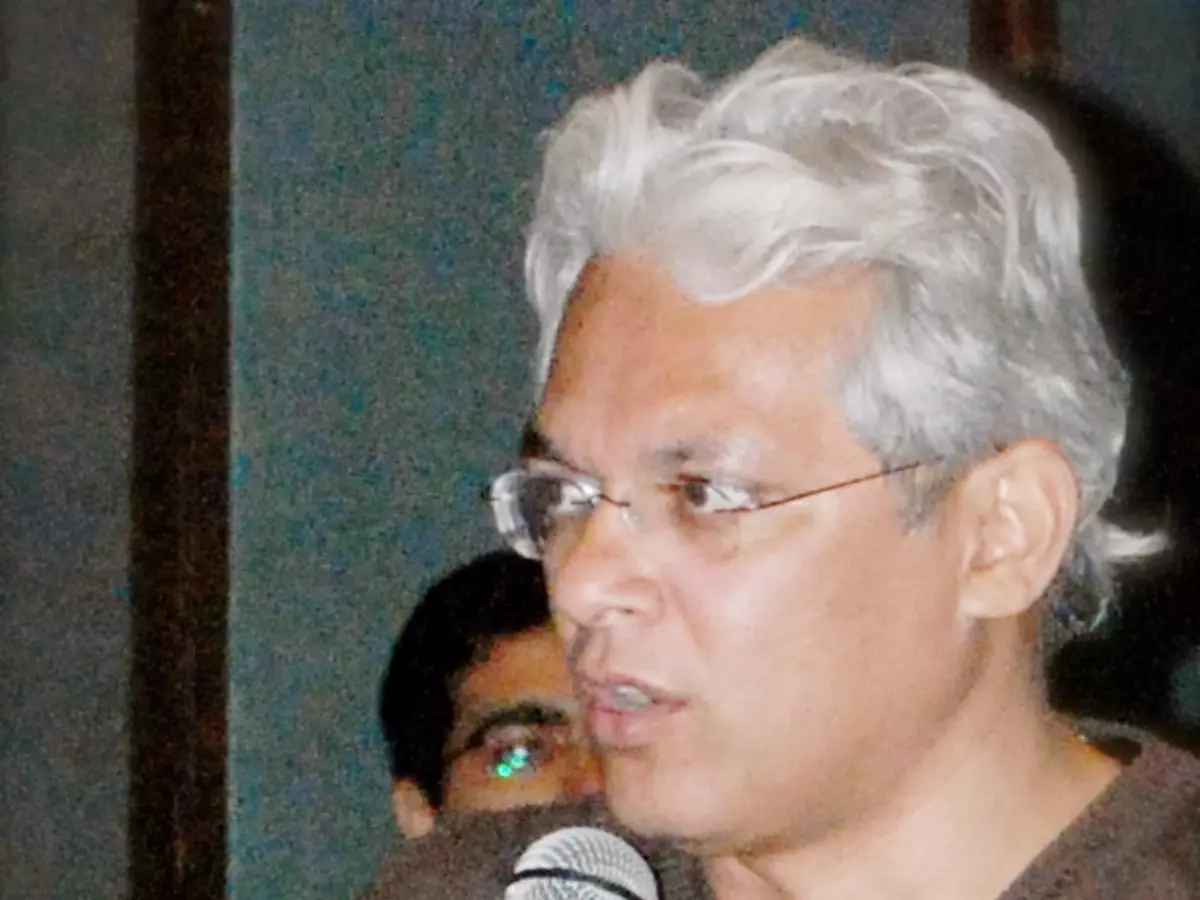The Great T20 debate
The one in which we find out why Muhammad Ali¡¯s career is relevant to T20 cricket.

In June 1976, one of the most anticipated events in sports history was held at the Budokan in Tokyo. World Boxing champion Muhammad Ali would take on Japanese professional wrestler Antonio Inoki in a contest to determine the worlds best fighter. Ali was offered six million dollars for the bout, and the sold out arena had premium tickets worth an astonishing 300,000 yen.

As it turned out, it was one of the biggest flops of all time. Inoki was not allowed to grapple or even throw Ali ¨C these rules were not told to the public, and he spent most of the three rounds on his back trying to kick Ali down. The spectators were so mad that they almost trashed the arena and kept chanting that they wanted their money back. It was one of the most embarrassing moments in Ali¡¯s career.
That¡¯s a fairly long diversion to get to my point, which is that there is no fair away to compare a boxer with a wrestler. Even if you put them into a ring to make them fight , it¡¯s almost impossible to devise a set of rules that is fair to both.
What I am coming around to is this huge debate about test cricket being the ultimate game of skill and t20 cricket being the hit and giggle variety.
I have yet to see anyone call Emile Zatopeck or Haile Gebrselassie better runners than Usain Bolt or Carl Lewis because they ran longer distances or for a longer time. So, for what particular reason should a test player be any better or worse than a T20 cricketer.
The truth is that the skills required in a T20 game are very different from a test or 4 day match. You might need more accuracy, faster hand eye coordination and more power hitting in a T20 game. A test player may require a more refined defensive technique and greater powers of concentration over longer periods.
But, once again, these are totally different skills. And there is no reason why having one set of these characteristics should be necessarily better than the other. The reason we do compare is that both are played with the same basic equipment. But that is true of snooker and billiards as well, and while you may have somebody who is a world champion at both, you are hardly likely to say one is superior to the other.
I once remember hearing Brett Lee talk about the skills required for bowling in the T20 format, and he had an interesting insight. He felt that if a yorker was six inches off target , a test batsman may not take the risk and just play it out. But even a three inch error in length would be sufficient incentive for a T20 batsman to go for the ball. For Brett, the margin for error in a delivery was simply much lower in a T20 match. Many deliveries that would be left alone or just prodded back defensively in a longer format would definitely be attacked in a T20 match.
Since I like to dabble in maths, let¡¯s for a moment assume that test cricket was an intrinsically superior game to T20 cricket.
Then, the skills required in T20 cricket should be a subset of the skills required in test cricket. And every good test cricketer would definitely be a good T20 cricketer. That, surely, is not the case, and while Kieron Pollard may never make the West Indian test team, I cannot see T20 teams lining up to pick up Upul Tharanga and Andrew Strauss, to name just a few. And if there are players who are great at both, that is just a testament to the fact that they have sufficiently evolved skills that suit both formats.
Legends like Sachin and Kallis play the format with dead seriousness because they find it challenging. At this stage in their career, and with the money they have already made, it¡¯s safe to say that they would not put their hearts into a format that does not engage and challenge them. But one look at Kallis¡¯s bruises after diving all over the park in a KKR- Daredevils game, or Sachin¡¯s expression during a CLT20 match that he was not even playing, should convince you what they think of the format.
Let¡¯s just be happy that we have two or three cricket formats, and it¡¯s perfectly fine for Paul Valthally or Kieron Pollard to coexist with Laxman and Aakash Chopra without having to be compared with each other. And if do you like watching the five day version like I do, remember that every session and series you see is currently supported by money coming in from the shorter formats of the game. Happy viewing..
